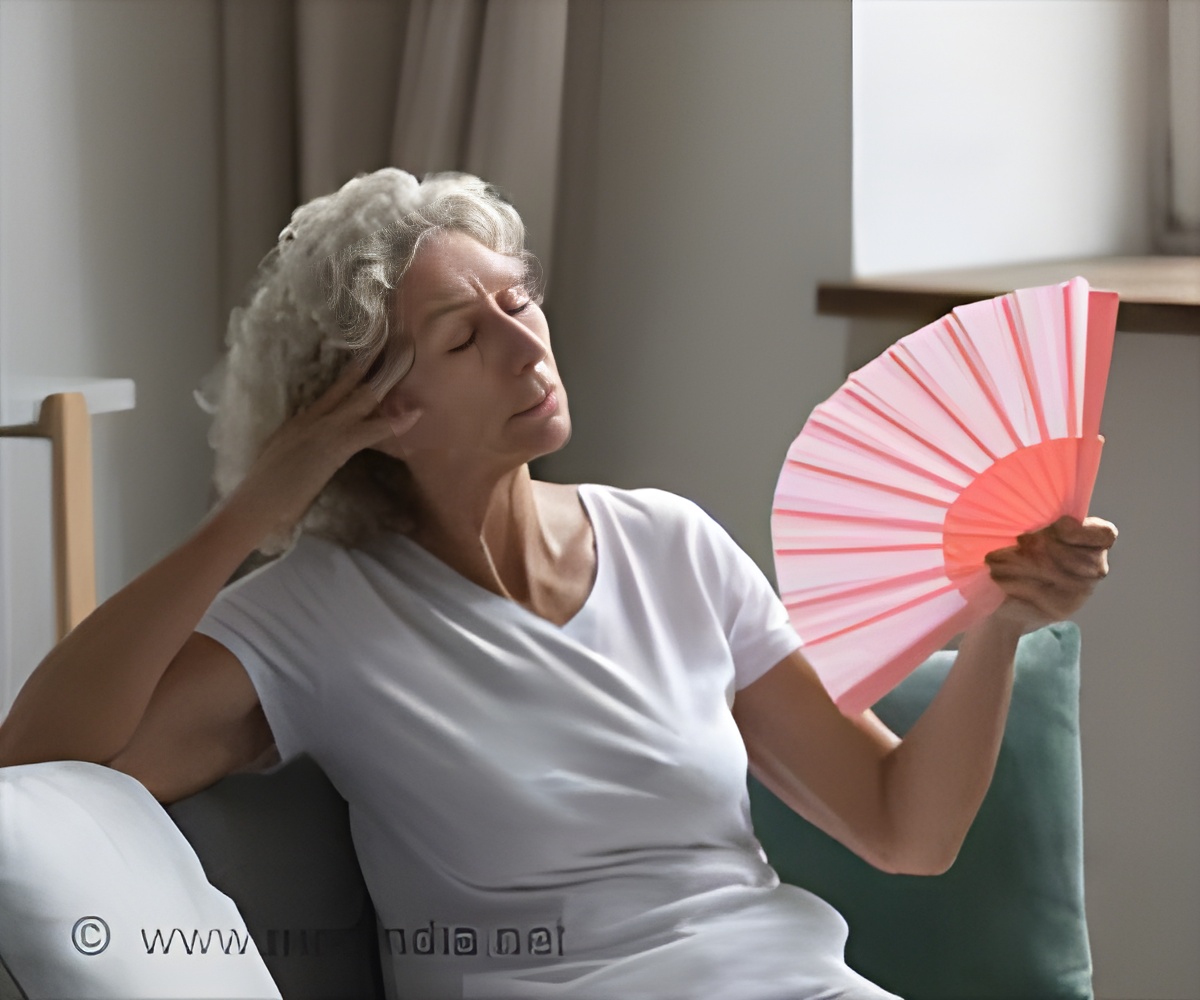
‘Telehealth could pave the way for treating some menopause symptoms. However, physical examination is necessary for few symptoms like vaginal dryness.’
Read More..Tweet it Now
The video, Benefits and Pitfalls of Virtual Medicine in Midlife Women’s Health, is hosted by NAMS past-president Dr. Marla Shapiro and features expert insights from Dr. Lisa Larkin, who is based in Cincinnati, Ohio, and a member of the NAMS Board of Trustees. Read More..
FemTech, a term first coined in 2016, refers to the collective products and services that use technology to focus on women’s health. Like telehealth, the FemTech industry was furthered by the COVID-19 pandemic, which prompted patients to seek technologies and products that would free their need to physically visit a healthcare professional and potentially be exposed to the COVID virus. These services have proven especially attractive to younger patients who have more interest in the use of technology.
Can You Treat Menopause Symptoms Effectively Through Telehealth?
“Telehealth is a great way to extend care,” says Dr. Larkin. “Among other things, it allows us to reach women in menopause in underserved areas where there is a paucity of certified menopause specialists. That’s not to say, however, that all telehealth services are the same and that they can completely replace a face-to-face visit.”According to Dr. Larkin, a telehealth visit with a healthcare professional with whom a patient has an existing relationship is a great way to augment care because that professional already has the patient’s health history and data to make an informed diagnosis and recommend appropriate treatment. But she cautions that telemedicine care on its own with a professional who has no history can result in misdiagnoses.
Dr. Larkin further points out that, because telemedicine grew so quickly and unexpectedly, there has not been time for standards and guidelines to sufficiently catch up.
Advertisement
“Telehealth may be a great way for women experiencing symptoms of menopause to obtain care, but patients should be savvy consumers and ensure that they are receiving high-quality, evidence-based information and care from professionals who have expertise in managing menopause. Patients can identify a practitioner certified by The North American Menopause Society (NAMS) at menopause.org,” says Dr. Stephanie Faubion, NAMS medical director.
Advertisement













